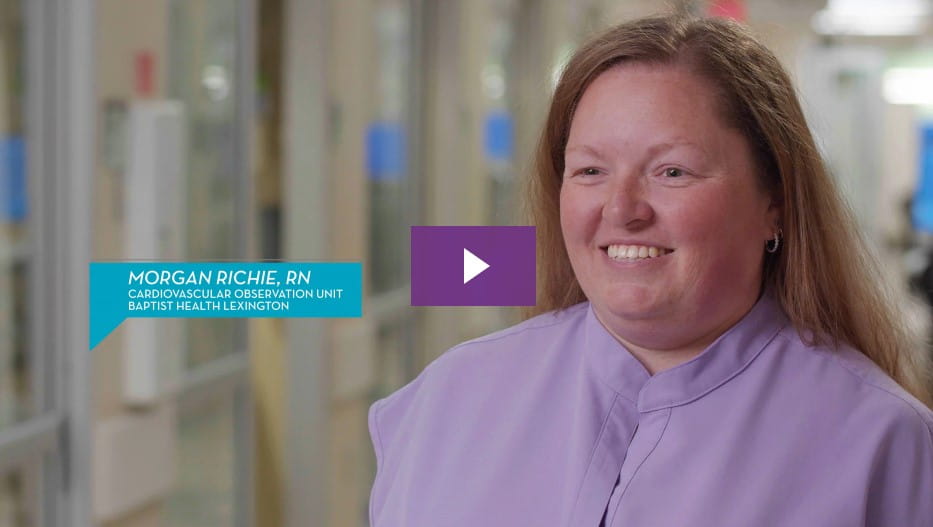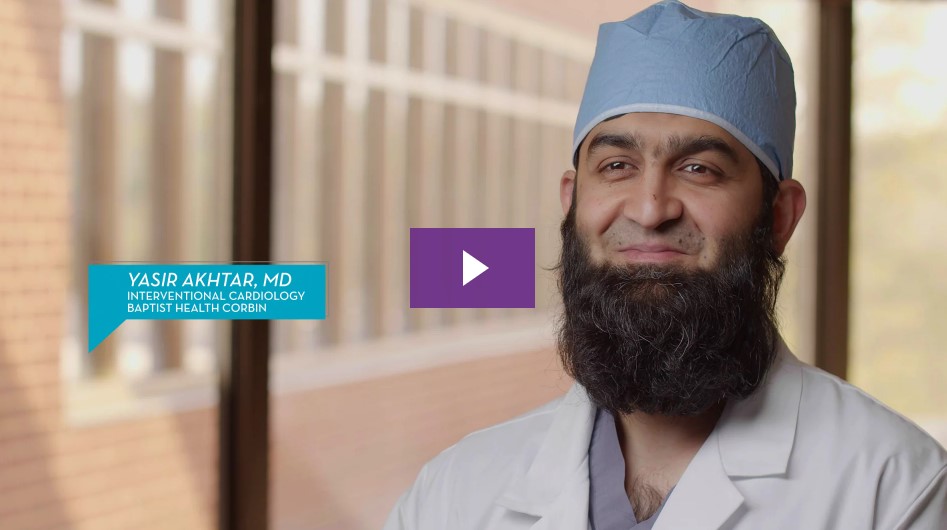Why Are Younger People Having Heart Attacks?

A heart attack (also called a myocardial infarction) occurs when blood flow to part of the heart muscle is blocked, typically by a blood clot. If the problem isn’t addressed promptly, the tissue in the affected area dies, permanently reducing the heart’s ability to pump blood effectively. In severe cases, the person experiencing a heart attack may not survive.
While anyone can suffer a heart attack, they most often strike people over 40. However, healthcare providers are seeing an increase in those under 40 having heart attacks. It’s a concerning trend that younger adults should learn about so they can protect themselves.
Leading Causes of Heart Attacks in Young Adults
Research is ongoing into why young adults are experiencing more heart attacks, but the factors below are likely contributing to the increase.
Sedentary lifestyle
Lack of exercise can contribute to the narrowing of the blood vessels that feed the heart and other conditions that elevate the risk of a heart attack. Increased screen time at the expense of physical activity may make younger people more susceptible to heart problems.
Increased stress level
Stress levels are rising today for many reasons, from peer pressure through social media to concerns about climate change and other issues. Stress contributes to inflammation in the body, which can adversely affect heart health. Younger people may feel that the pressure they are under is “normal” and not take steps to counteract it.
Poor diet
Consuming ultra-processed foods, including fast food, increases the risk of heart disease and various other medical conditions. Young people today may be more inclined to consume these foods rather than cook healthy meals.
Smoking and substance abuse
Smoking and using recreational drugs adversely affect heart health, increasing the risk of a heart attack.
Delayed medical care
Younger people who experience heart disease symptoms may dismiss them because they assume that only older adults have heart attacks. Consequently, rather than getting a diagnosis and taking action to address the condition, they might end up in the emergency room suffering from a heart attack.
COVID-19
Experts believe there is a connection between COVID-19 and subsequent heart problems. Research continues, but young people who have had the illness appear to be at higher risk of having a heart attack.
Heart Attack Symptoms
Heart attack symptoms may strike suddenly or build over hours, days, or even weeks. They include:
- Chest pain, tightness, pressure, aching, or squeezing sensation
- Dizziness or lightheadedness
- Discomfort or pain in the arm, shoulder, back, neck, jaw, or sometimes the upper stomach
- Shortness of breath
- Cold sweat
- Fatigue
- Heartburn, nausea, or indigestion
Emergency medical attention is crucial if you or someone you’re with experiences any of these symptoms.
Reducing Your Heart Attack Risk
One reason heart attacks can be so devastating — particularly for young people — is that heart disease typically develops with no detectable symptoms. Consequently, reducing your heart disease risk is vital. The good news is that you can take action today to decrease the likelihood of a cardiac event and, in doing so, improve your overall health. Get started with these steps:
- Eat a healthier diet with fewer processed, high-fat, and sugary foods and more fruits, vegetables, whole grains, lean meats, and poultry.
- Get 150 minutes or more of moderate-intensity physical activity weekly. It’s a good idea to talk with your doctor before starting an exercise regimen and increase your activity level gradually if you currently have a sedentary lifestyle.
- Achieve and maintain a healthy weight.
- Quit smoking and using recreational drugs if you partake.
- Manage your stress. There are many ways to do that, including reducing your social media intake, working more downtime into your schedule, and using practices like meditation, prayer, mindfulness, and deep breathing.
Talk with Your Baptist Health Doctor About Heart Disease
A vital first step in reducing your likelihood of suffering a heart attack — at any age — is talking with your doctor. They can perform a physical exam and talk with you about your lifestyle to identify factors that may increase your risk. Then, they can work with you to develop a plan for improving your heart health.
You can find a Baptist Health physician in our online provider directory if you don’t have one.



